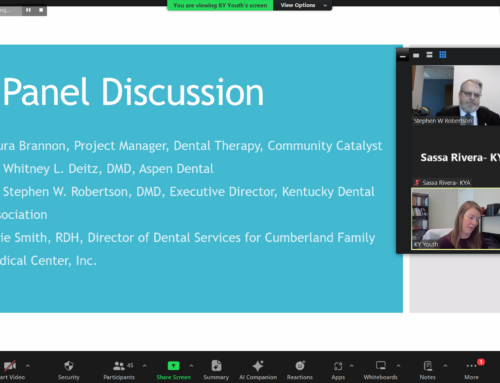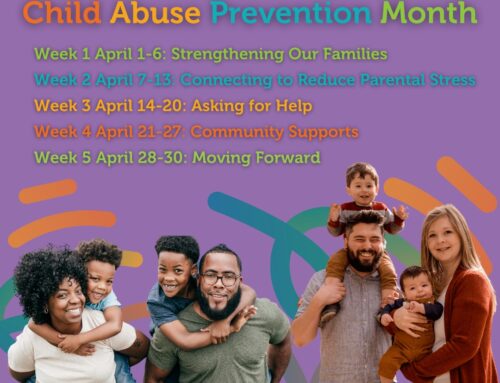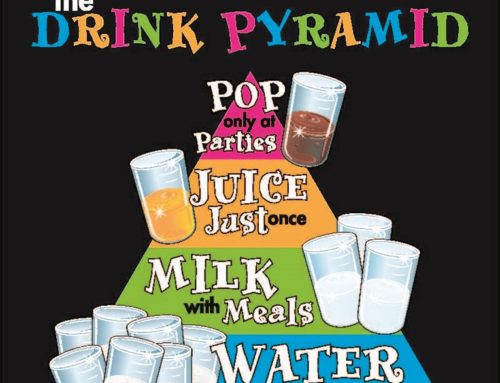 There is a growing body of research that indicates oral health should be taken seriously as a determinant of overall health. The mouth is a window to the body, one of your best defenses against bacterial infections, with its hygiene linked to diseases such as heart disease and pneumonia. Prioritizing oral health is especially vital in populations with other exacerbating illnesses.
There is a growing body of research that indicates oral health should be taken seriously as a determinant of overall health. The mouth is a window to the body, one of your best defenses against bacterial infections, with its hygiene linked to diseases such as heart disease and pneumonia. Prioritizing oral health is especially vital in populations with other exacerbating illnesses.
Veterans are an at-risk population, with high rates of diabetes and heart disease, which will lead to negative oral health outcomes. As of 2019, almost 7% of Americans are veterans, over 17 million people, with an estimated 370,000 of them in Kentucky alone.This demographic is disproportionately affected by high rates of tooth decay and gum decay, necessitating restorative care. Over 40% of veterans have had some form of bone loss or gum treatment, double the frequency of nonveterans. By their own admission, 40% of our veterans described their oral health as suboptimal.
Veterans either do not have access or are not eligible for dental care through their local Department of Veterans Affairs. This cycle of untreated oral health needs with limited to no options to treat has created a disparity. White paper from CareQuest Institute and American Institute of Dental Public Health (AIDPH) reviewed the gaps and the best interventions to address this inequity. Recommended solutions to improve access and quality to care are:
- Expanding eligibility criteria for veterans to receive oral health services;
- Expanding the role of Federally Qualified Health Centers and rural health clinics;
- Advancing medical-dental integration in veteran health care.
Congress recognized this critical need with the passage of H.R. 3967 in both the House and Senate. The bill, now awaiting a signature from the President, expands mental health and substance abuse counseling services to veterans. But most relevant to us, the legislation contained amendment 5074, which:
- Directs the Secretary of Veterans Affairs to extend dental coverage to all currently ineligible patients;
- Authorizes use of mobile dental clinics, teledentistry, and dental therapists;
- Establishes oral health education programming aimed at informing and encouraging proactive dental hygiene;
- Creates a loan repayment incentive for dentists who plan to work for the Department of Veterans Affairs.
As H.R. 3967 awaits to be signed into law, amendment 5074 was not included in the final version of the bill. However, the filing of Amendment 5074 was an encouraging first step in the right direction towards improving veteran health and well-being. KOHC believes everyone deserves access to the oral health care they need, especially historically underserved populations. As Congress continues to meet throughout the year, contact your congressional delegation and vocalize your support for measures similar to amendment 5047.
Image Provided By Marcus Aurelius-Pexels





